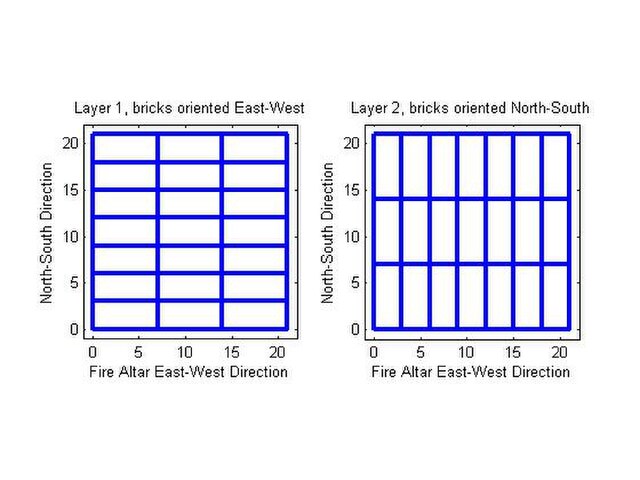Yuktibhāṣā, also known as Gaṇita-yukti-bhāṣā and Gaṇitanyāyasaṅgraha, is a major treatise on mathematics and astronomy, written by the Indian astronomer Jyesthadeva of the Kerala school of mathematics around 1530. The treatise, written in Malayalam, is a consolidation of the discoveries by Madhava of Sangamagrama, Nilakantha Somayaji, Parameshvara, Jyeshtadeva, Achyuta Pisharati, and other astronomer-mathematicians of the Kerala school. It also exists in a Sanskrit version, with unclear author and date, composed as a rough translation of the Malayalam original.
Front and back cover of the Palm-leaf manuscripts of the Yuktibhasa, composed by Jyesthadeva in 1530
Pages from the Yuktibhasa
The first verse from Yukti bhasha in Malayalam language
Indian mathematics emerged in the Indian subcontinent from 1200 BCE until the end of the 18th century. In the classical period of Indian mathematics, important contributions were made by scholars like Aryabhata, Brahmagupta, Bhaskara II, and Varāhamihira. The decimal number system in use today was first recorded in Indian mathematics. Indian mathematicians made early contributions to the study of the concept of zero as a number, negative numbers, arithmetic, and algebra. In addition, trigonometry
was further advanced in India, and, in particular, the modern definitions of sine and cosine were developed there. These mathematical concepts were transmitted to the Middle East, China, and Europe and led to further developments that now form the foundations of many areas of mathematics.
The design of the domestic fire altar in the Śulba Sūtra




